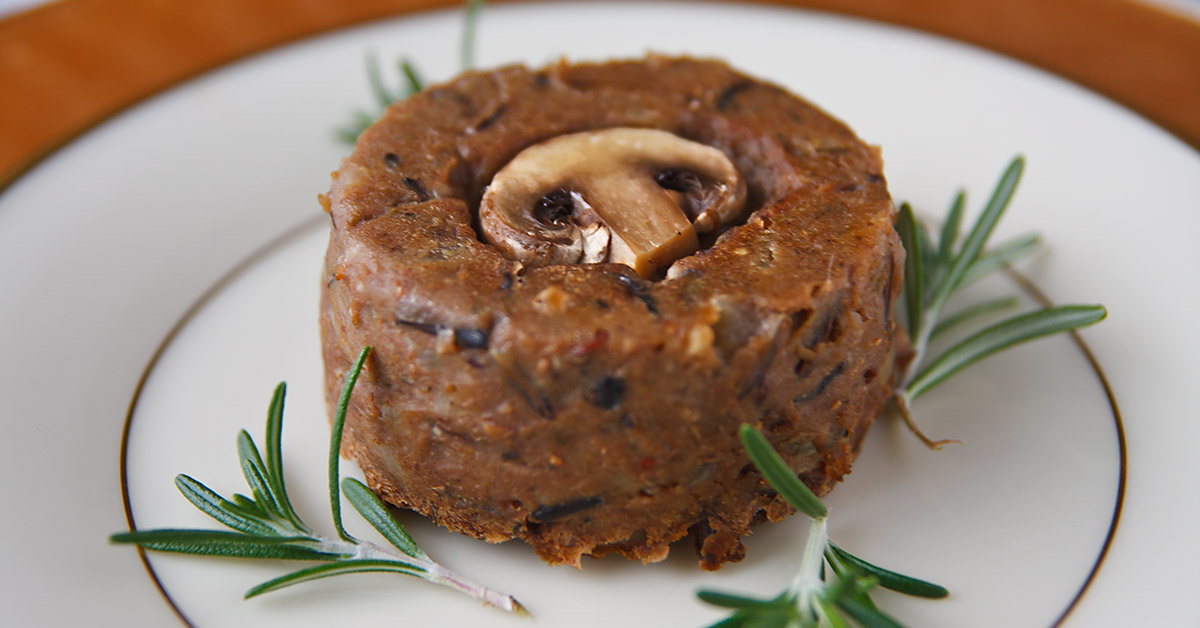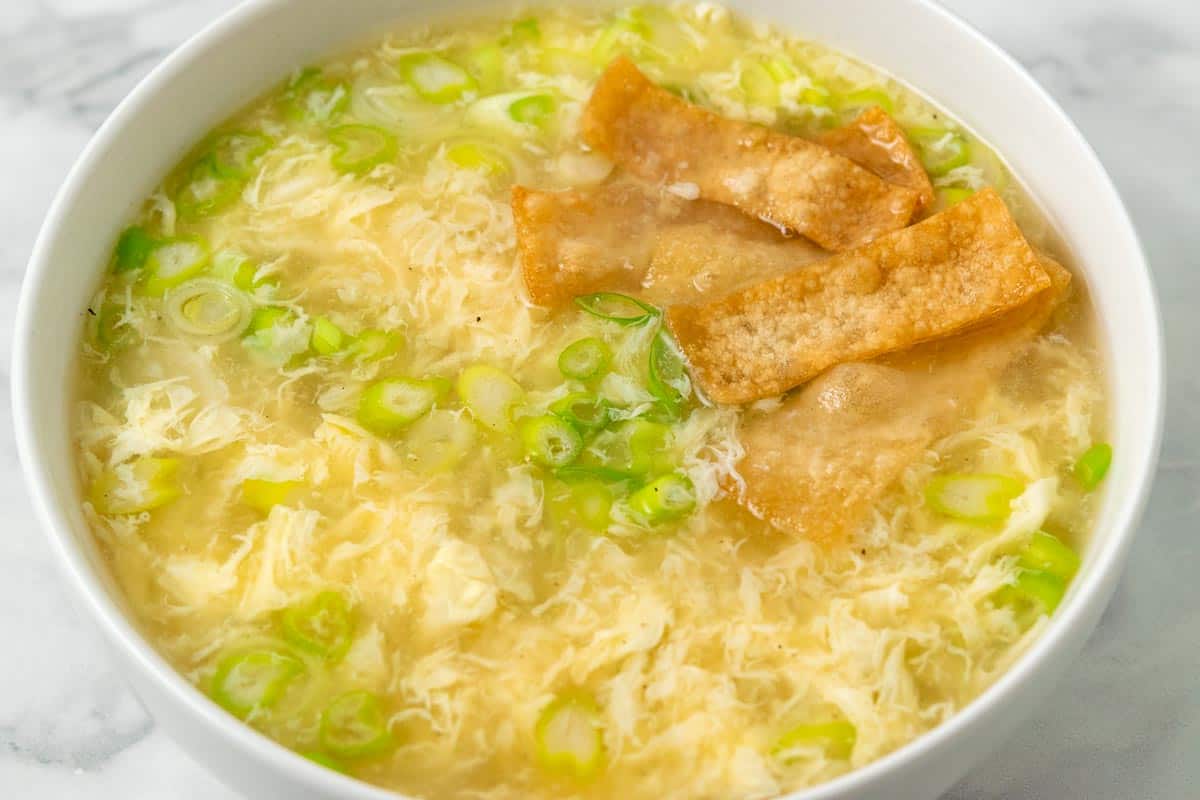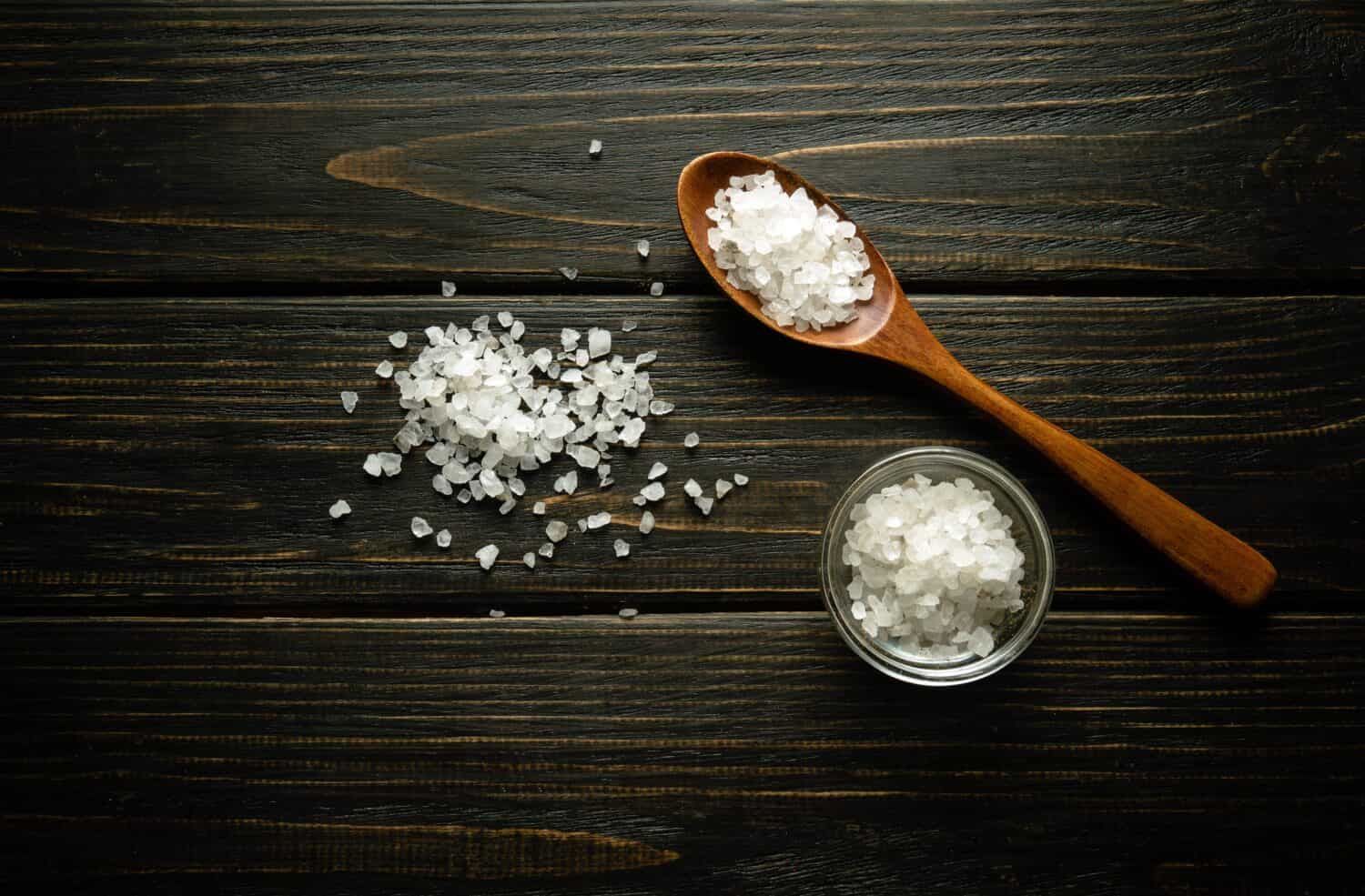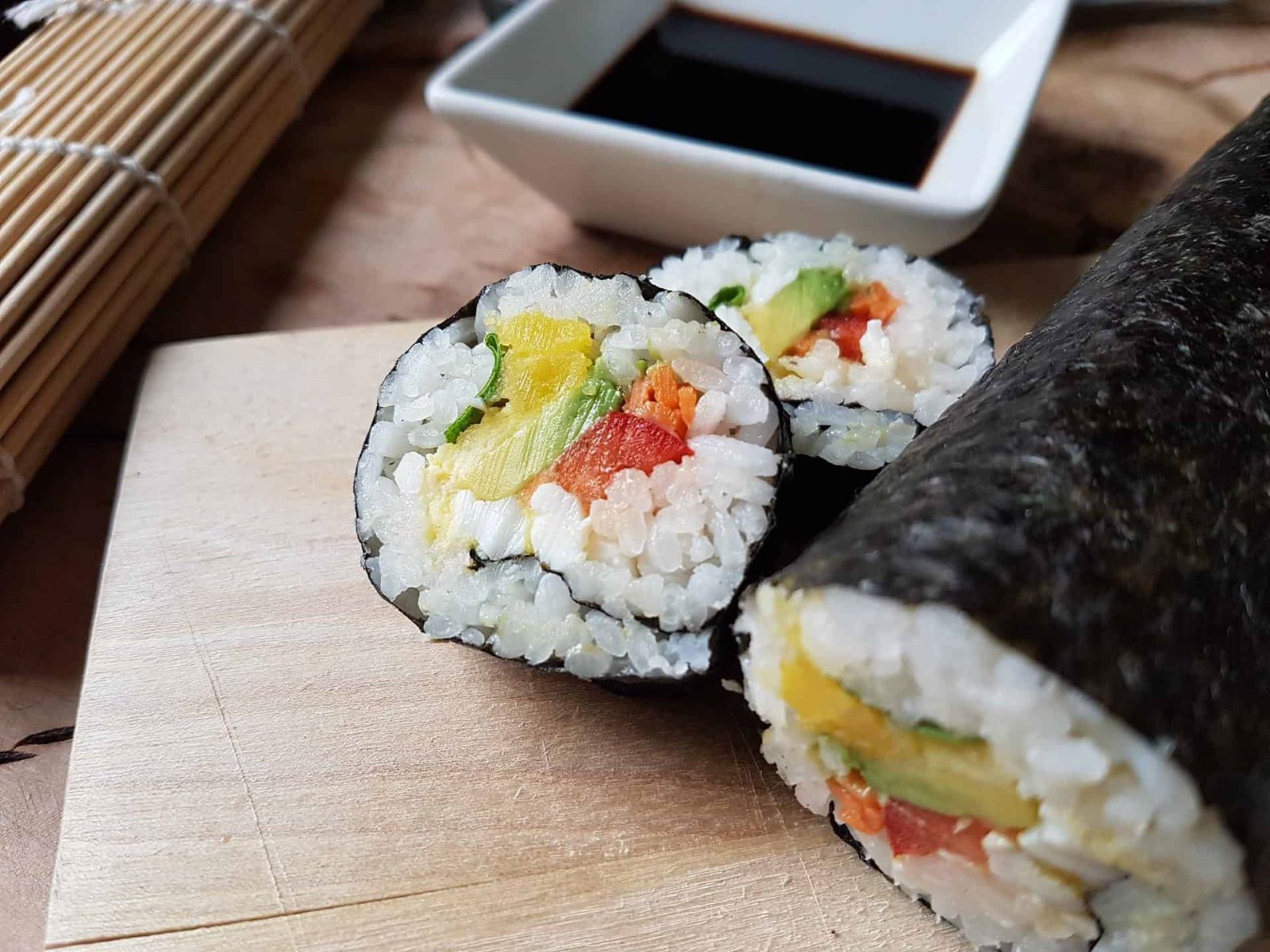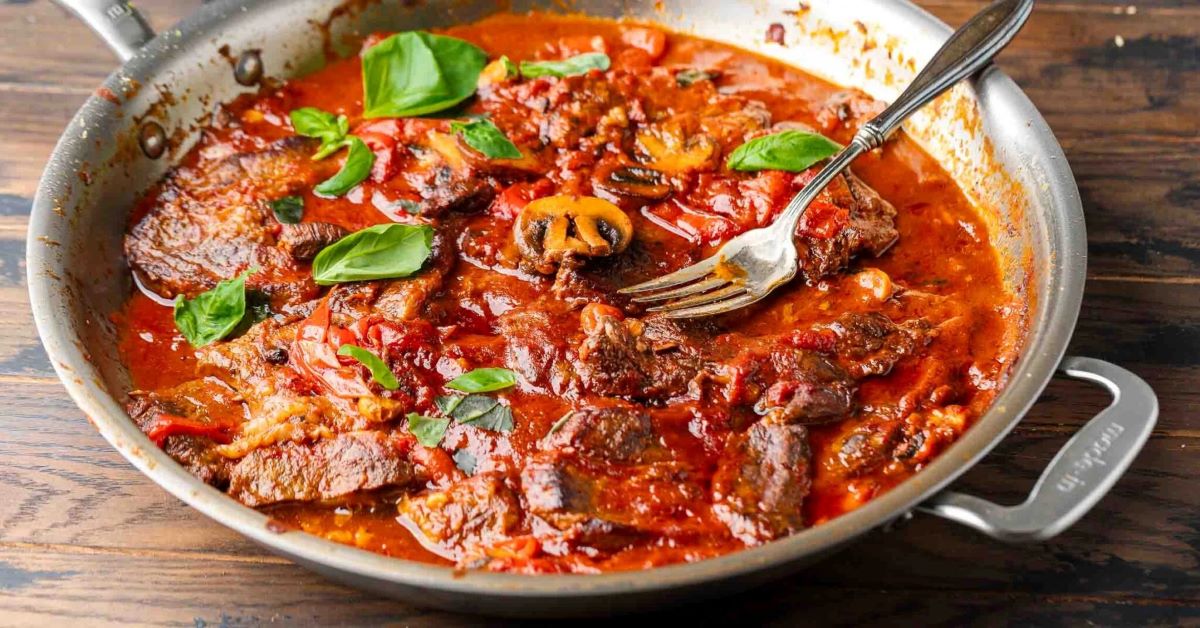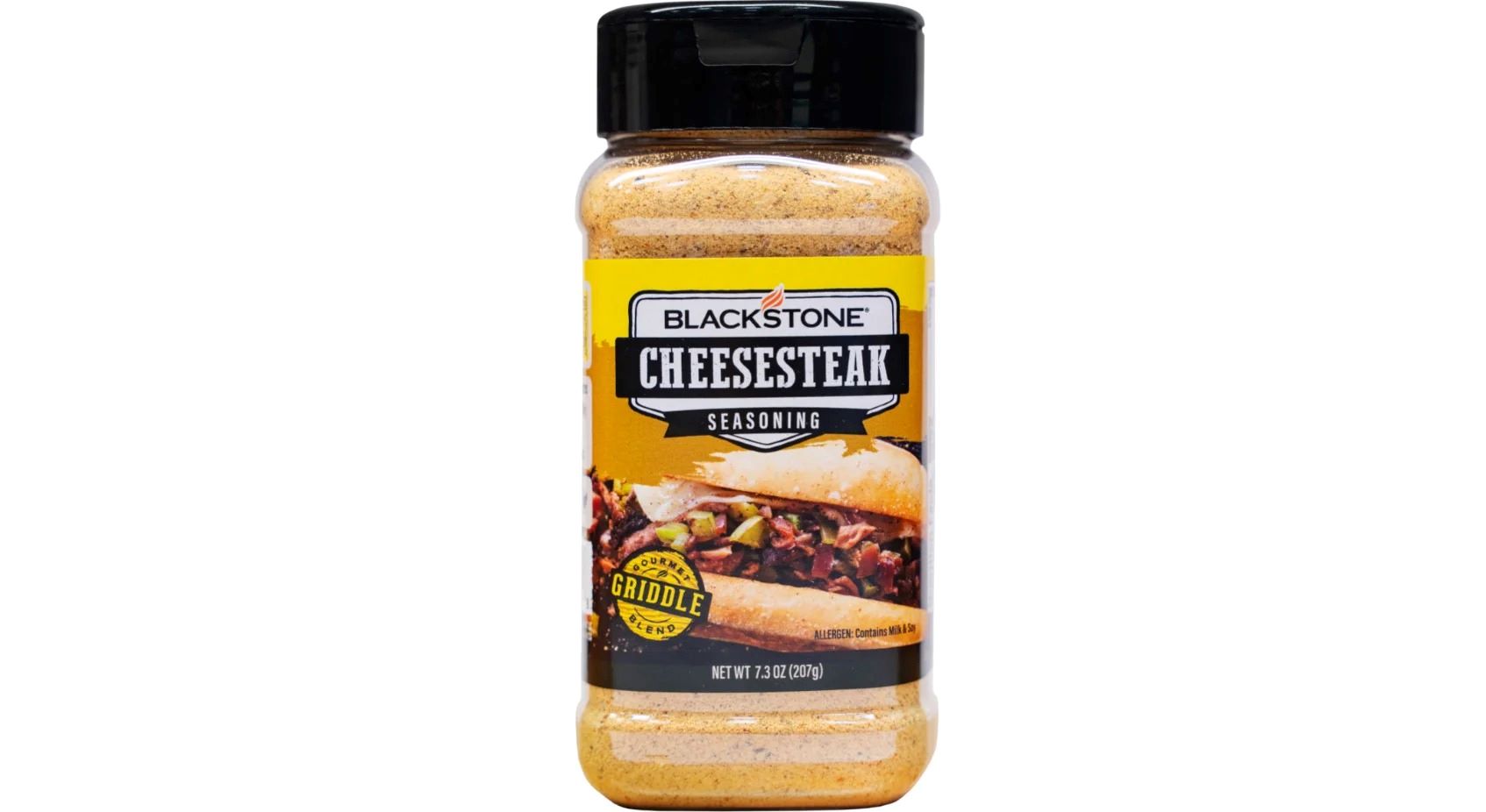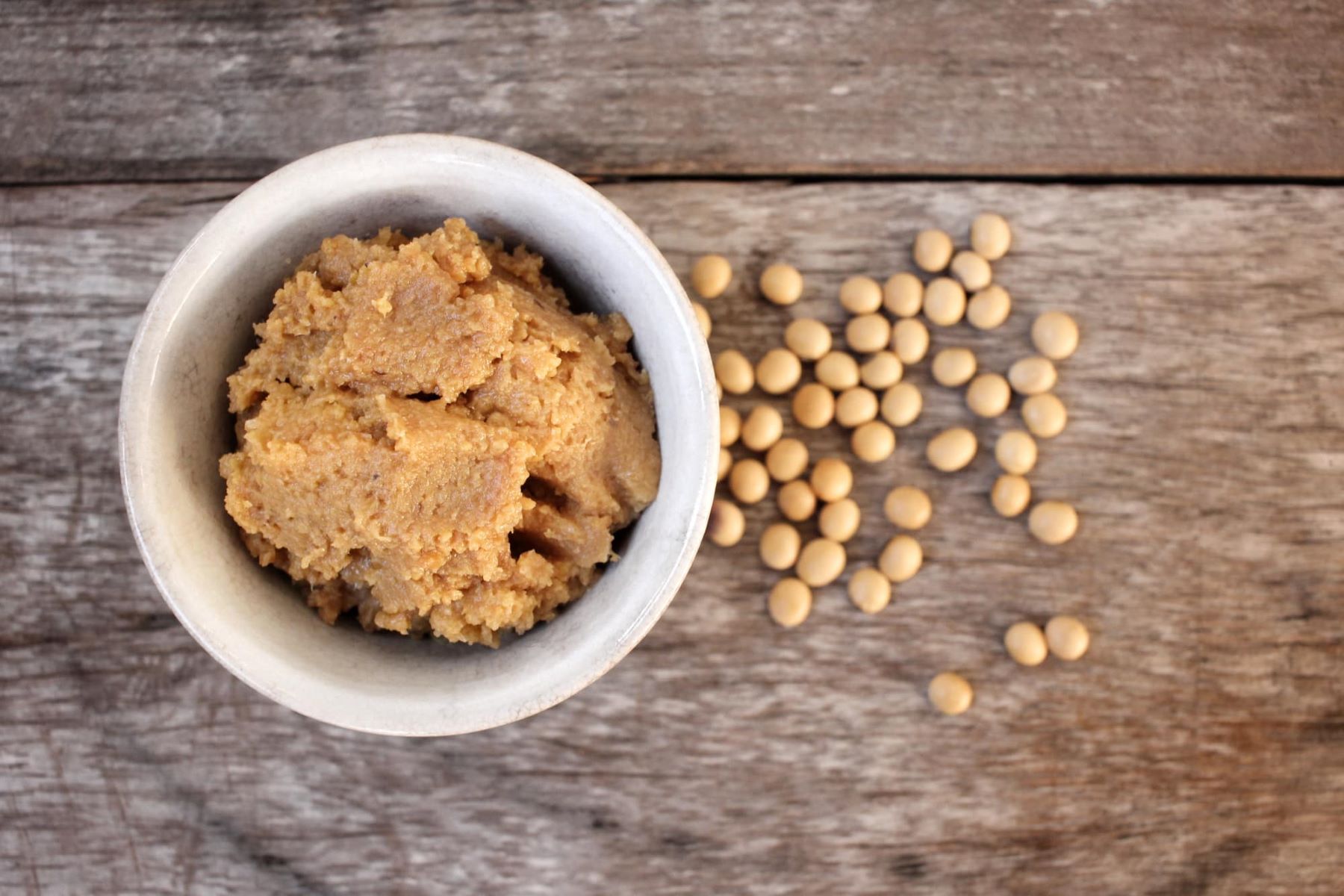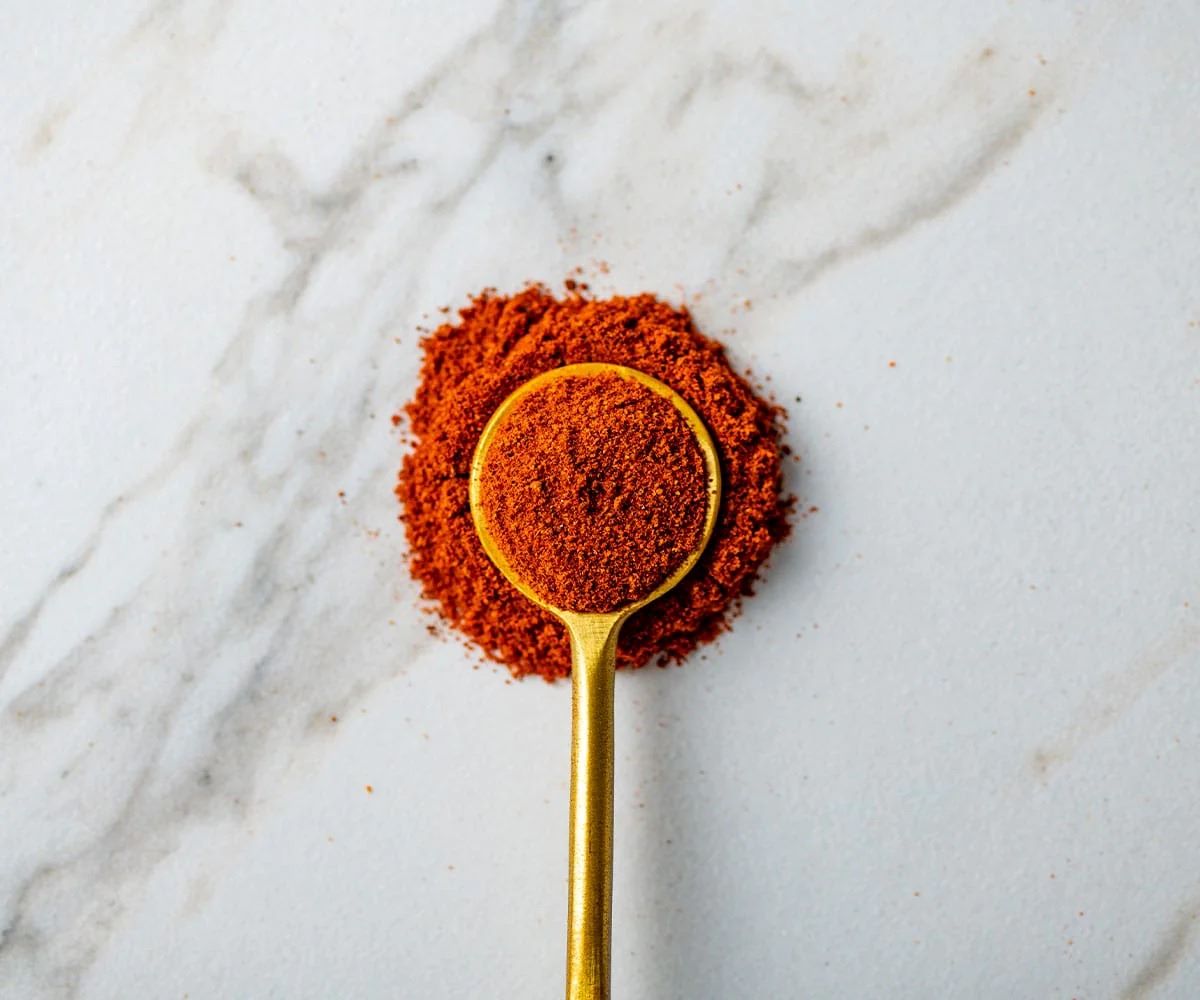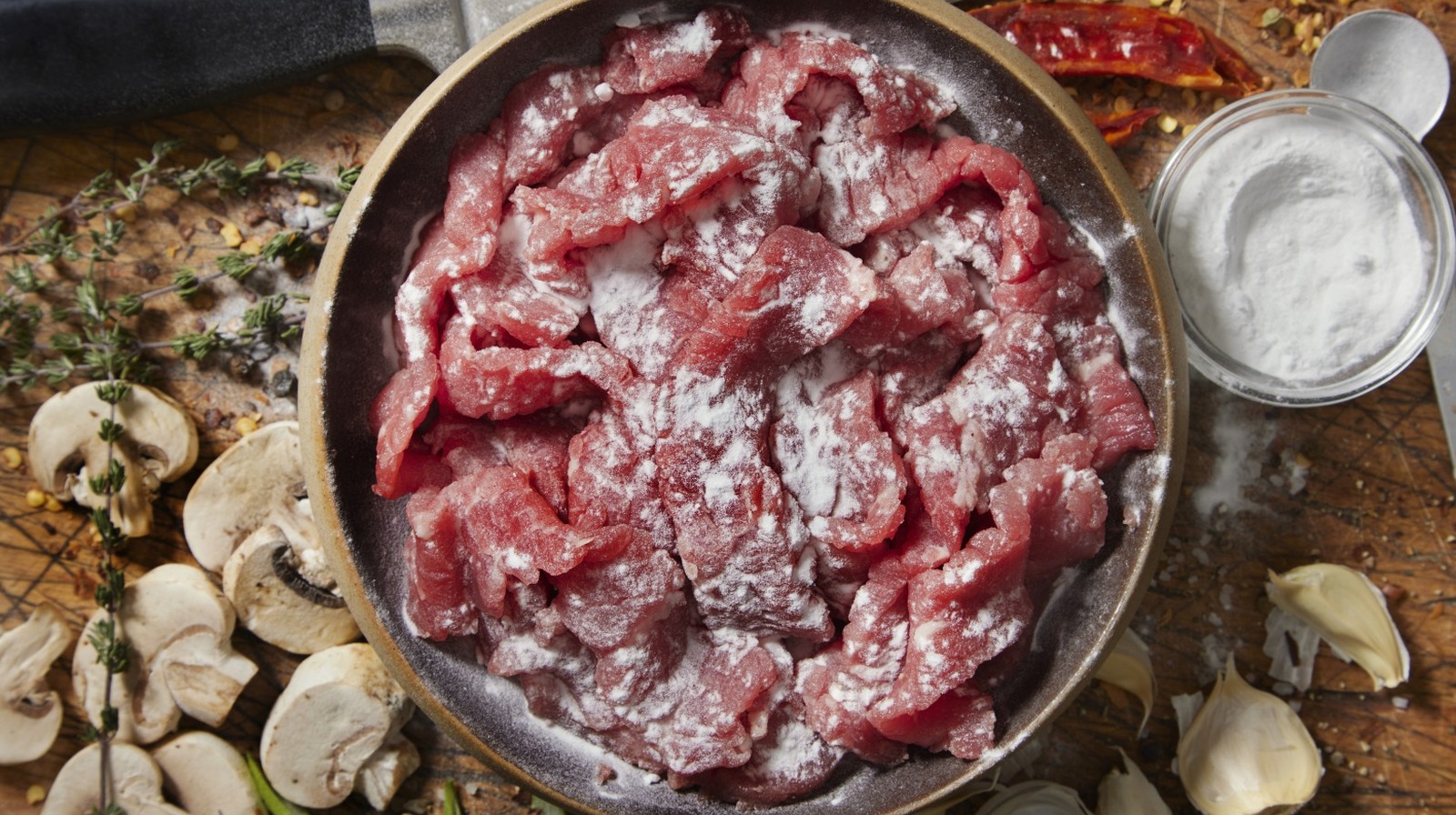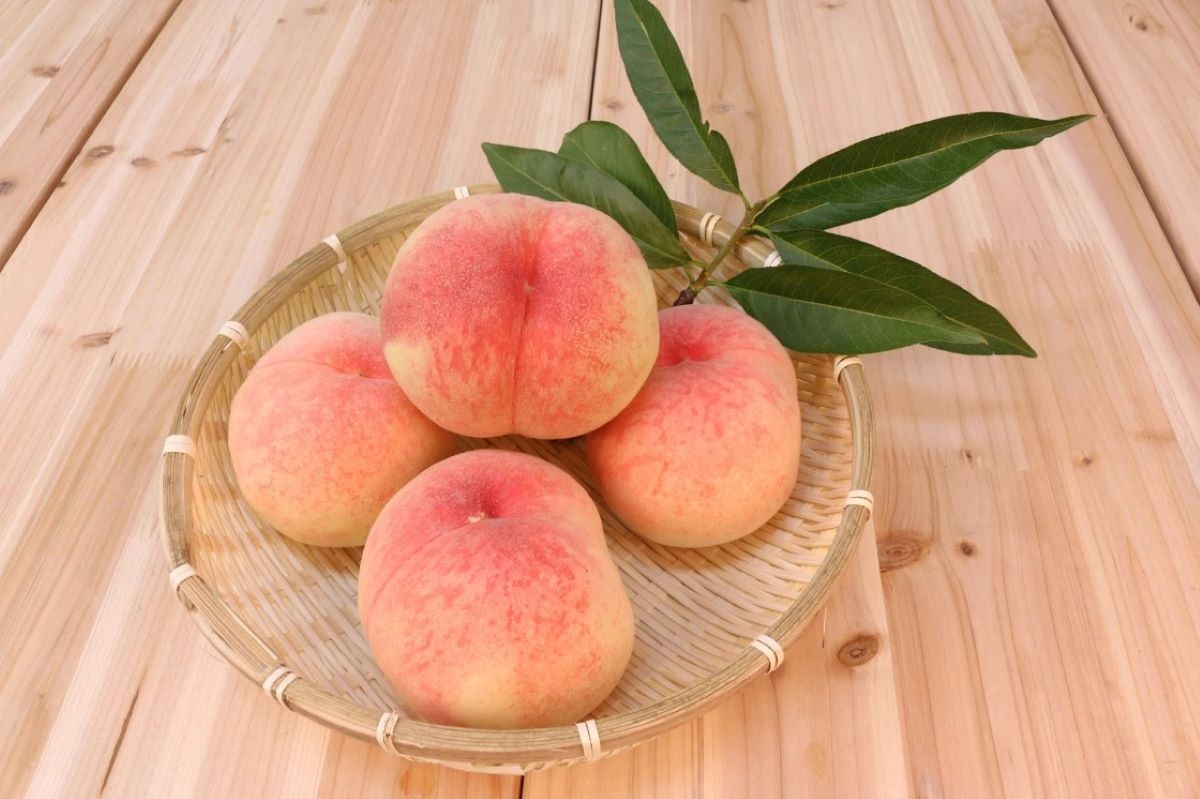Discovering Maizena: A Versatile Ingredient
Maizena is a popular ingredient that has been a staple in many kitchens for generations. Derived from corn, it is a fine, powdery starch that is commonly used as a thickening agent in a variety of recipes. However, its uses extend far beyond thickening sauces and gravies. Let’s explore the versatility and benefits of maizena.
What Is Maizena?
Maizena, also known as cornstarch, is a gluten-free, white powdery substance that is extracted from the endosperm of the corn kernel. It is a pure starch and is commonly used as a thickening agent in cooking and baking. Maizena is valued for its ability to create a smooth texture and enhance the consistency of various dishes.
Uses of Maizena
Maizena is a versatile ingredient with a wide range of culinary applications. Here are some common uses of maizena:
- Thickening Agent: Maizena is often used to thicken sauces, soups, and gravies. It can be added to hot liquids to create a smooth, thick consistency.
- Baking: Maizena is a popular ingredient in baking, where it is used to add structure and texture to cakes, cookies, and other baked goods.
- Frying: In some cuisines, maizena is used as a coating for frying foods, creating a crispy outer layer.
- Desserts: Maizena is a key ingredient in making creamy puddings, custards, and fruit fillings.
Benefits of Maizena
Maizena offers several benefits that make it a valuable addition to any kitchen:
- Gluten-Free: For individuals with gluten sensitivities or celiac disease, maizena is a safe alternative to wheat-based thickeners.
- Neutral Flavor: Maizena has a neutral taste, allowing it to blend seamlessly with other ingredients without altering the overall flavor of the dish.
- Smooth Texture: When used as a thickening agent, maizena creates a silky, smooth texture, enhancing the mouthfeel of the dish.
- Versatility: From savory to sweet dishes, maizena can be used in a wide range of recipes, making it a versatile pantry staple.
Conclusion
Maizena is a valuable ingredient that offers both practical and culinary benefits. Whether you’re thickening a sauce, baking a cake, or creating a creamy dessert, maizena’s versatility and performance make it an essential component in the kitchen. Its gluten-free nature and neutral flavor further enhance its appeal, making it a go-to choice for many cooks and bakers.
Next time you reach for a thickening agent or a baking essential, consider incorporating maizena into your culinary creations. Its reliable performance and wide-ranging applications make it a valuable addition to any kitchen.
Was this page helpful?
Read Next: What Is Durum Wheat Semolina Pasta
